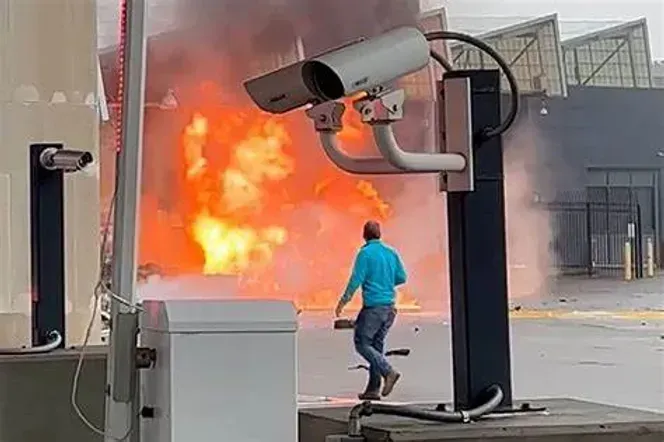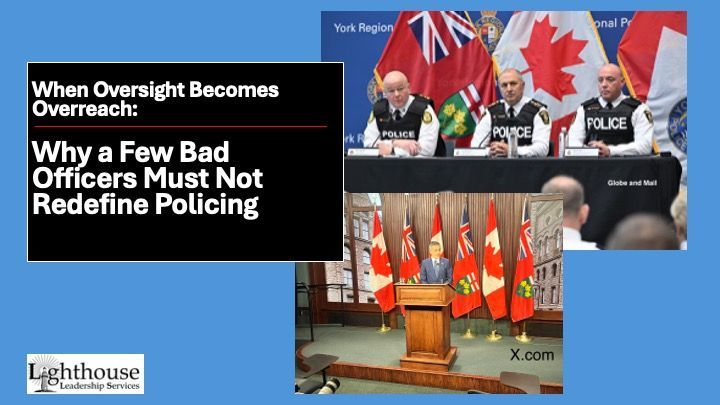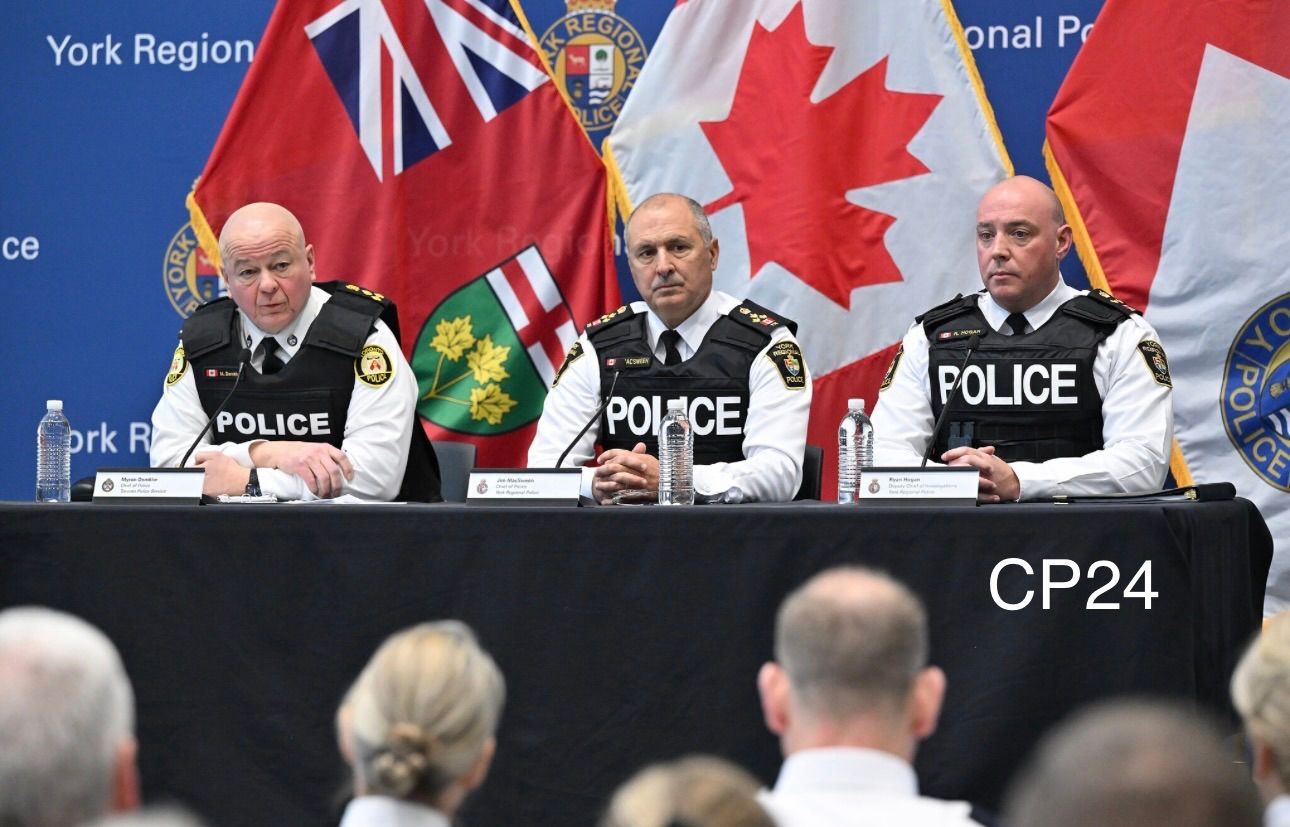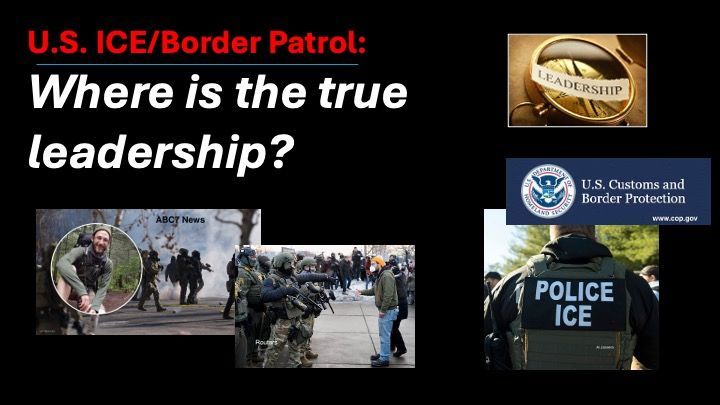New Paragraph

A misquote from the main character in the old Dragnet television show from the late 1960s resulted in a popular phrase, “Just the facts ma’am.” Although Sgt. Joe Friday never actually said that exact string of words, the premise was and remains an important one. As a police investigator, he wanted the facts, not a bunch of speculations, rumours and exaggerations.
The mainstream media most often worked under that principle. Many outlets still do, but not all – particularly the politically connected ones. The days of verifying critical information before releasing it to the public and perhaps jeopardizing a future trial or unfairly maligning an individual or organization, are long gone to some.
In my view, the main reason for that evolution is the proliferation of social media and the ability to float outright lies and embellishments as well as the inclination to throw the proverbial shit at the wall to see what sticks. Former President U.S. Donald Trump turned it into an art form over the past decade, and sadly many of his colleagues, followers and politicized media organizations have followed suit. And that comes from faces and names that we know and recognize! Then there are the nameless, faceless trolls that never have anything nice or remotely accurate to say about anyone or anything.
This constant flow of social media misinformation on world events has put untold pressure on credible media outlets to report “something” immediately and before their news deadlines – as opposed to verifying, or they fall behind the curve. Even when they do confirm details relatively quickly, the false information is already out there, and it is then like swimming up Niagara Falls to get the facts communicated. That flow of bits of facts combined with tons of misinformation can cause unnecessary anxiety among community members and often costly over-reactions by political leaders and then unnecessary scrambling by the various government agencies they lead downstream.
Speaking of Niagara Falls, case in point: when a car crashed in a fiery ball on the U.S. side of the Rainbow Bridge there early Wednesday afternoon, all hell broke loose. Within seconds social media posts claimed terrorists with explosives from the Canadian side had attacked the port of entry on the American side. One major U.S. news outlet reported it as fact immediately. Others announced that “there were reports” of a terrorist attack. As security and law enforcement agencies on both sides of the border were trying to sort out the who, what, when, what and why of the event, some U.S. Republican politicians used it to criticize President Joe Biden and his border security policies. Many Americans truly thought that terrorists from Canada had attacked the United States. The reality that eventually emerged was that there were no explosives, there was no terrorists at all, but a NY man and his wife were killed after driving at insane speeds through the city of Niagara Falls New York and crashing at the U.S. Customs property.
Opposition Leader Pierre Poilievre questioned PM Justin Trudeau in the House, as to government’s action plan to provide security for Canadians, stating: “We’ve just heard media reports of a terrorist attack…” In fairness he did not definitively say it was terrorism, but simply quoted the story as reported by several media outlets. The PM replied quite appropriately (and I seldom agree with him), but regardless 2 days of political attacks of Poilievre followed, like it only can in that world.
Nonetheless, all the swirl that resulted from initial and inaccurate media reports that emanated from social media jib jab, turned a tragic but spectacular fatal car crash – unfortunately at a high-profile location on a U.S. holiday weekend and at the same time as the Israel/Hamas war, into leading world news coverage.
I do not blame U.S. officials for treating the crash as a potential terrorist attack until proven otherwise. It’s easier to gear down and turn the federal investigation over to local authorities when you’re sure, then it is to spool up to a national security investigation a day or two later. I think they managed it quite appropriately. Social media and the resulting frantic spin took it from there.
Unfortunately, we cannot stop the silly side of social media. False flags, unfair finger-pointing, untrue allegations and slams against individuals, politicians, public officials, and organizations likely won’t lessen soon. We cannot legislate intelligence and maturity, nor can we satiate the thirst for information as opposed to facts. But do the rest of us have to believe it, further it and add to the mayhem? Should elected officials not stay out of the fray and not further dangerous falsehoods that scare the heck out of millions of people just to discredit rivals? We have enough real and desperate issues in the world to address without having to face a never-ending circus of misinformation free-for-alls.
How or why this horrific crash occurred remains unknown. We do not yet know if it was intentional or the result of impairment or a physical or mental health episode. We do know that terrible things happen on occasion. But we must rely on authorities to take control when they do; determine the reality of the threat and issue public safety advisories accordingly, with mainstream and social media platforms being credible and honest players in the process. We the consumers of the information and the political masters of the responding agencies, all need to take a deep breath, hear the facts from our experts and think logically before hitting the panic button.




